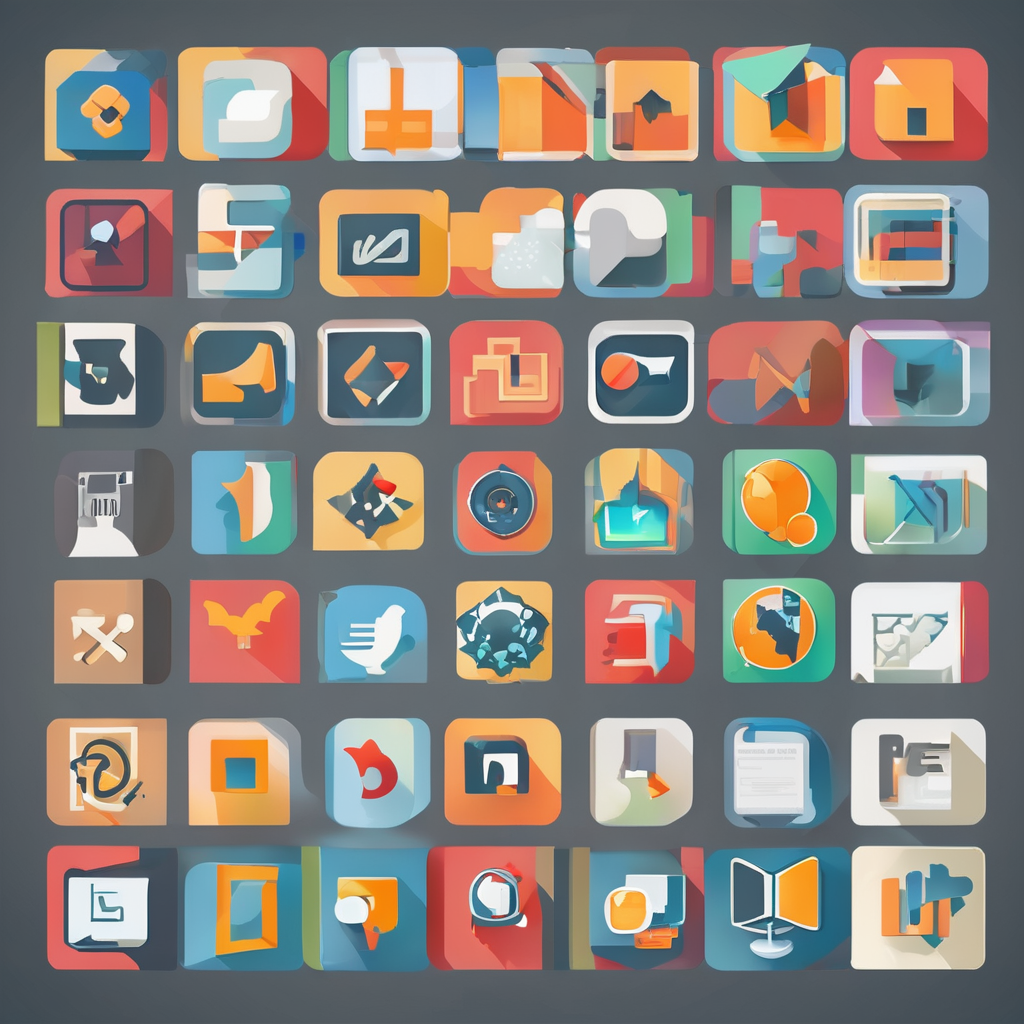Understanding Mobile Payment Security
In the gig economy, mobile payment security is paramount to ensure the protection of both participants and their transactions. These systems have become a staple for gig workers relying on quick and secure mobile payments for services rendered.
Security in mobile transactions hinges on understanding and mitigating common threats and vulnerabilities, such as phishing attacks, malware, and unauthorised access to payment credentials. Knowing these risks is essential for gig professionals to safeguard their earnings and personal information.
Topic to read : Revolutionizing UK Healthcare Apps: Effective Strategies for Integrating Voice Recognition Technology
Mobile payment systems frequently used by gig workers must comply with stringent UK regulations, which provide a framework for secure, reliable transactions. This compliance ensures protection against fraudulent activities and sets a standard for transaction integrity, pivotal in the gig economy.
By equipping oneself with the knowledge of potential threats and the importance of regulatory adherence, gig workers can better protect themselves against security breaches. Using mobile payment systems that prioritize robust security measures is crucial in fostering trust between service providers and clients. Therefore, staying informed and vigilant is necessary for any gig worker relying on mobile payment mechanisms.
Also read : Revolutionizing UK E-Commerce with Real-Time Fraud Detection: Unleashing Machine Learning Power
Selecting Secure Payment Platforms
Selecting the right secure payment platforms is crucial for ensuring transaction safety in the gig economy. When choosing a platform, gig workers should evaluate criteria such as data encryption methods, fraud detection systems, and ease of use. Transaction safety is paramount to protect earnings and personal data from potential threats.
One effective measure is using platforms that support two-factor authentication and biometric verification for added security. Moreover, assessing the reputation and credibility of payment solutions can enhance trust. Several recommended apps include PayPal, Square, and Stripe, which offer robust security features and user-friendly interfaces tailored for gig professionals.
Features that enhance payment safety include real-time transaction monitoring, transparent fee structures, and quick access to customer support. By prioritizing platforms with these characteristics, gig workers can secure their financial transactions effectively. The selection process should focus on solutions that not only offer protection but also cater to the fast-paced needs of the gig economy.
Ensuring platform updates and staying informed about the latest security enhancements will further strengthen transaction reliability and user confidence. Thus, informed decision-making plays a significant role in selecting the best tools for secure payments.
Compliance with UK Regulations
Navigating the UK payment regulations is essential for anyone involved in the gig economy. These regulations ensure that mobile payment systems are secure and reliable. Compliance standards protect both transaction integrity and personal data, making it crucial for gig professionals to adhere to these requirements.
Understanding key legal requirements includes familiarising oneself with the Payment Services Regulations (PSRs) and the Data Protection Act. These instruments outline the obligations for secure payment processing and user data protection. Ensuring compliance reduces the risk of penalties and helps maintain a trustworthy reputation among clients.
Steps to ensure adherence involve regular audits of payment systems to align with the latest guidelines. Staying updated with regulatory changes can be achieved through professional courses or networking with industry experts. Utilizing secure platforms already compliant with UK standards reduces the burden on individual gig workers, allowing focus on their core tasks while ensuring protection against regulatory breaches.
Best Practices for Secure Transactions
Ensuring transaction security is vital for maintaining efficiency in the gig economy. Here are key practices that gig workers should adopt to protect their personal data:
-
Two-factor authentication: Implementing this adds an extra layer of security to payment systems. By requiring a code sent to a mobile device, alongside the standard password, the risk of unauthorised access is significantly reduced.
-
Regular monitoring and auditing: Consistently reviewing payment activity helps identify unusual transactions quickly. Employ automated alerts to flag anomalies, offering gig professionals a proactive measure against security breaches.
Securing personal data during transactions involves using encryption methods that scramble information before it is transmitted, making it unreadable to intruders. Additionally, employing virtual private networks (VPNs) masks the user’s internet connection, protecting sensitive data from being intercepted in public Wi-Fi environments.
Furthermore, staying informed about the latest security trends enables gig workers to adopt the most effective practices promptly. Engaging in security training can refine one’s ability to spot phishing or other cyber threats that target payment systems. By routinely updating safety measures, gig professionals uphold the integrity of their financial transactions and personal information.
Additional Resources for Payment Security
For gig workers aiming to bolster their mobile payment security, leveraging dedicated tools and resources is crucial. Security-enhancing methods can significantly mitigate risks, offering peace of mind.
Key tools such as antivirus software, which detects and neutralises malware, play a vital role in fortifying systems against threats. Similarly, password managers help in creating and storing robust credentials, reducing the likelihood of unauthorised access. It’s important to use ones that conform to industry standards.
Educational resources are pivotal for staying current with security trends. Online courses and webinars offer invaluable insights into emerging threats. Many platforms provide content tailored to the gig economy, ensuring relevance and applicability.
Furthermore, connecting with communities and forums can be beneficial. These spaces allow gig professionals to share experiences and tips, fostering a supportive environment. Engaging in discussions on platforms such as Reddit or specialised security groups can provide practical advice and real-world solutions.
By utilising these payment security resources, gig workers can enhance their vigilance against potential breaches and maintain the integrity of their financial and personal information.










